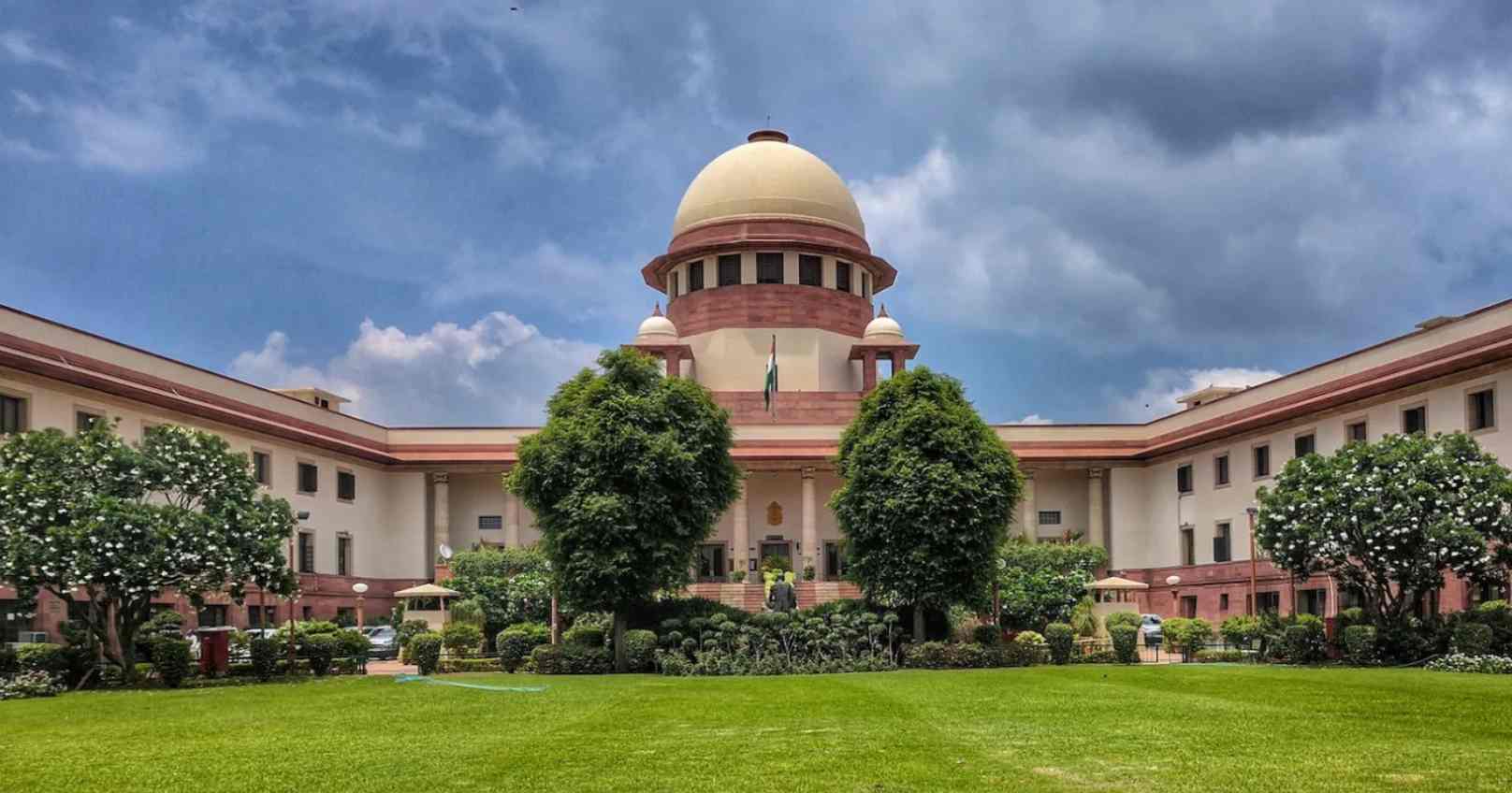President Must Decide on Bills Within 3 Months: Supreme Court in Landmark Ruling
The Supreme Court has ruled that the President cannot indefinitely delay action on bills referred by governors and must decide within three months
12-04-2025In a landmark move, the Supreme Court has ruled that the President must make a decision within three months on bills referred by state governors. This comes as the court struck down Tamil Nadu Governor RN Ravi’s decision to withhold assent on ten legislative bills passed by the DMK government. The verdict, delivered earlier this week, was made public on Friday.
A bench comprising Justices JB Pardiwala and R Mahadevan held that the President’s powers under Article 201 of the Constitution are not beyond judicial scrutiny. Article 201 allows the President to either approve or withhold assent to a bill referred by a governor — though the Constitution does not mention any specific deadline for this process.
However, the court stressed that the absence of a constitutional timeframe does not translate into indefinite inaction. “Even when a statute or provision does not lay down a time limit for exercising a power, it must still be done within a reasonable period,” the bench said, asserting that the President does not have the option of a “pocket veto.”
The judges made it clear that a decision on such bills must be taken within three months from the date the reference is received. If there is any delay beyond this period, the reasons must be recorded and communicated to the concerned state.
The court also said that if no action is taken by the President within the stipulated time, states have the right to seek legal recourse. Importantly, it observed that the President’s withholding of assent can be challenged in court.
When it comes to questions about a bill’s constitutional validity, the bench emphasized that such matters fall under the jurisdiction of the judiciary, not the executive. It noted that any doubts of this nature should be referred to the Supreme Court under Article 143, not decided upon by the President or governors.
“We reiterate that the executive cannot take over the role of courts when it comes to examining legal aspects of a bill. Constitutional courts alone are empowered to assess and advise on such issues,” the bench said.
The ruling concluded that Governor RN Ravi’s refusal to assent to the ten bills was unlawful. The court’s directive now sets a precedent requiring timely action on legislative proposals and opens the door for judicial review in cases of unwarranted delays.


A PIL by Sanvedana Foundation challenges the IRDAI’s 2020 circular allowing insurers to exclude ep
Read More
A Delhi court has ruled against releasing hotel CCTV footage in a case involving two Army Majors, ci
Read More
Chief Justice BR Gavai has pushed back against criticism of the judiciary over case backlogs, saying
Read More